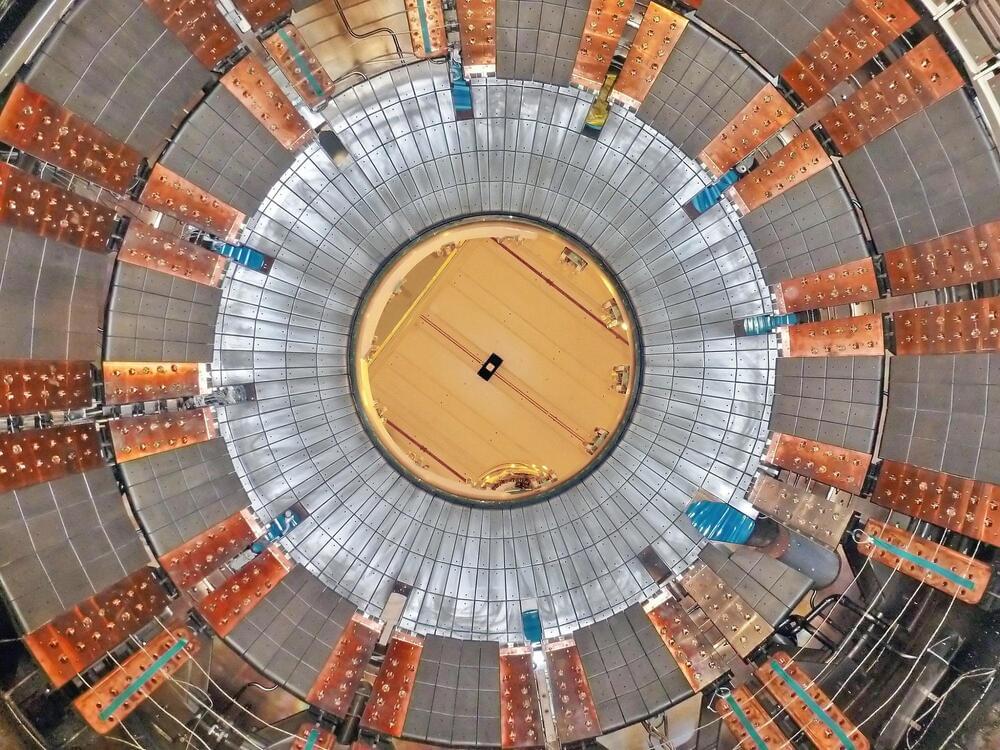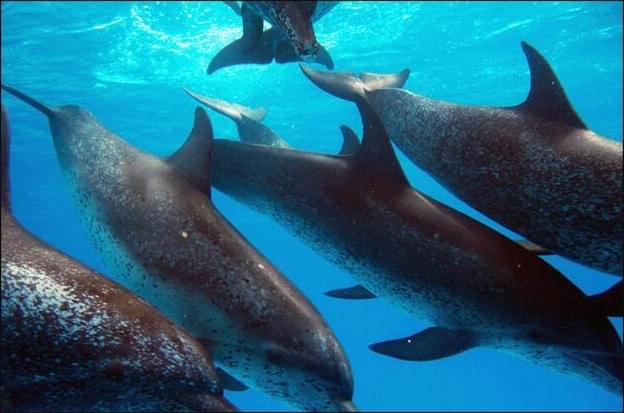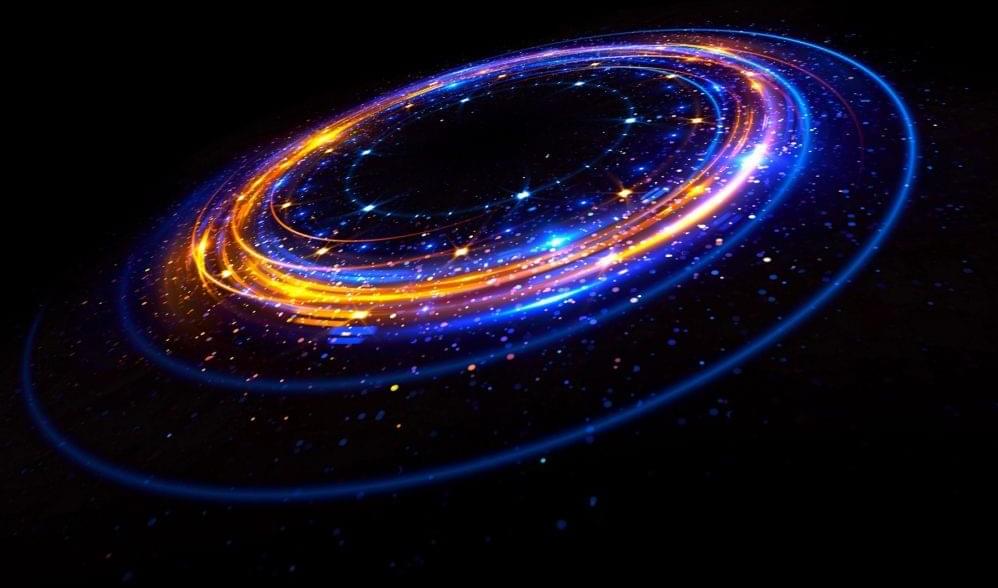
Get the latest international news and world events from around the world.


Nuclear power’s biggest problem could have a small solution
For decades, if you asked a fusion scientist to picture a fusion reactor, they’d probably tell you about a tokamak. It’s a chamber about the size of a large room, shaped like a hollow doughnut. Physicists fill its insides with a not-so-tasty jam of superheated plasma. Then they surround it with magnets in the hopes of crushing atoms together to create energy, just as the sun does.
But experts think you can make tokamaks in other shapes. Some believe that making tokamaks smaller and leaner could make them better at handling plasma. If the fusion scientists proposing it are right, then it could be a long-awaited upgrade for nuclear energy. Thanks to recent research and a newly proposed reactor project, the field is seriously thinking about generating electricity with a “spherical tokamak.”
“The indication from experiments up to now is that [spherical tokamaks] may, pound for pound, confine plasmas better and therefore make better fusion reactors,” says Steven Cowley, director of Princeton Plasma Physics Laboratory.

Three papers highlight results of record 1.3 megajoule yield experiment
After decades of inertial confinement fusion research, a yield of more than 1.3 megajoules (MJ) was achieved at Lawrence Livermore National Laboratory’s (LLNL’s) National Ignition Facility (NIF) for the first time on Aug. 8, 2021, putting researchers at the threshold of fusion gain and achieving scientific ignition.
On the one-year anniversary of this historic achievement, the scientific results of this record experiment have been published in three peer-reviewed papers: one in Physical Review Letters and two in Physical Review E. More than 1,000 authors are included in one of the Physical Review Letters paper to recognize and acknowledge the many individuals who have worked over many decades to enable this significant advance.
“The record shot was a major scientific advance in fusion research, which establishes that fusion ignition in the lab is possible at NIF,” said Omar Hurricane, chief scientist for LLNL’s inertial confinement fusion program. “Achieving the conditions needed for ignition has been a long-standing goal for all inertial confinement fusion research and opens access to a new experimental regime where alpha-particle self-heating outstrips all the cooling mechanisms in the fusion plasma.”



Space and Technology
Blue origin’s moon rocket engines.


